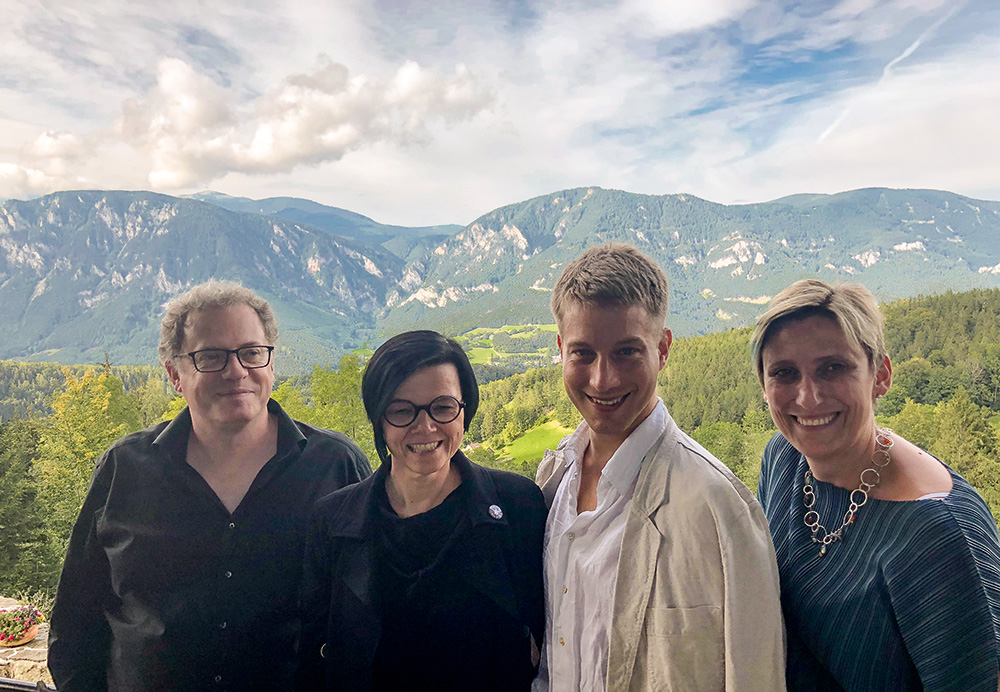Report on the isaScience Conference 2018
How does democratic participation in music making and listening to music take place in different societies, historical eras, and cultures, as well as in times of streaming platforms? How is such participation realised—with or despite digital music production and distribution? Does new media help to develop new public spheres and forms of participation, or does digitisation only reinforce old colonial, heteroznormative, as well as corporate power structures which are referred to by the terms “class”, “race”, and “gender” in contemporary intersectional theory? To what extent have authoritarian forms of government used (or to what extent do they still use) musical means to enforce anti-democratic policies? What significance do music and dance have for the empowerment and agency of marginalised communities?

These questions outlined the subject of “Participatory Approaches to Music & Democracy” at this year’s isaScience and were not only the subject of excellent keynote lectures by David Hesmondhalgh, Marsha Siefert, and Deborah Wong, but also dealt with throughout the entire conference including as part of discussions. From August 10th through 14th, the scientific conference brought together 49 speakers and 30 other participants from more than 20 countries in the scenic countryside of Reichenau an der Rax. The conference theme was presented, critically analysed, and discussed with great mutual appreciation by speakers from a wide range of music-related disciplines. In times of worldwide anti-democratic developments and neoliberal, geopolitical instrumentalisation of democracy as well as of music, it is of crucial importance to shed light on the concept of democracy and its entanglement with participatory approaches to resources, music-related activities, and political empowerment.
The debated topics ranged from community-building of marginalised groups such as Asian-American women through queer-feminist reappropriation of traditional Japanese Taiko music under the current Trump administration to neo-fascist instrumentalisation of electronic “hardbass” music in countries of the former Eastern Bloc, postcolonial and ethnomusicological archaeological analysis of organ pipes in Peru’s Andes, and on to a critical reading of the elitist, non-democratic National Society of Music in Spain in the 1920s. The ensuing discussions made clear that music as social fact of making music and listening to music cannot be researched while detached from its social, political, and economic contexts.
In order to realise music and democracy in an inclusive manner in society, it is not enough to reiterate hegemonic knowledge; the isaScience 2018 lectures much rather highlighted the necessity to listen to marginalised and underprivileged communities and to give voice to their heterogeneous perspectives on music-related socio-political power relations.
A controversial but nevertheless open and respectful form of communication, essential for such a democratic and thus participatory process, manifested itself in an amazing way throughout the entire conference. The contributions to isaScience 2018 made a clear statement for scientific commitment on the basis of self-reflexivity, striving to promote effective social participation in music and dance, in their production, consumption, and distribution.
Text: Dagmar Abfalter, Marko Kölbl, Rosa Reitsamer, Fritz Trümpi, Karoline Feyertag & Ferdinand Raditsch (isaScience Team)


judislot88
Tuesday May 19th, 2020 at 11:58 AM
Fabulous, what a web site it is! This blog gives helpful facts to us,
keep it up.